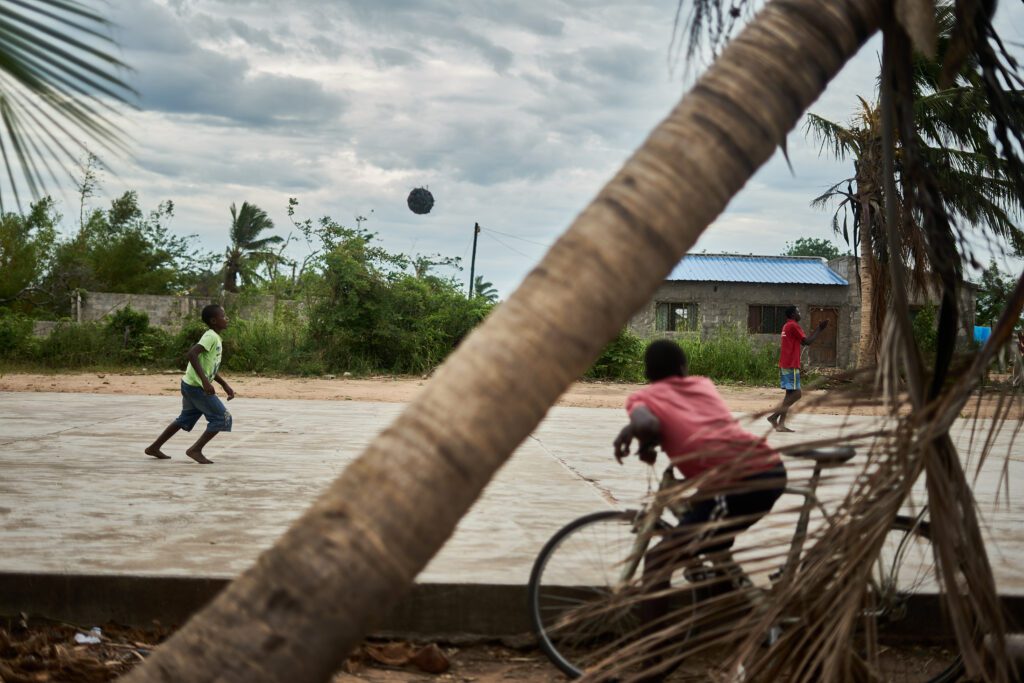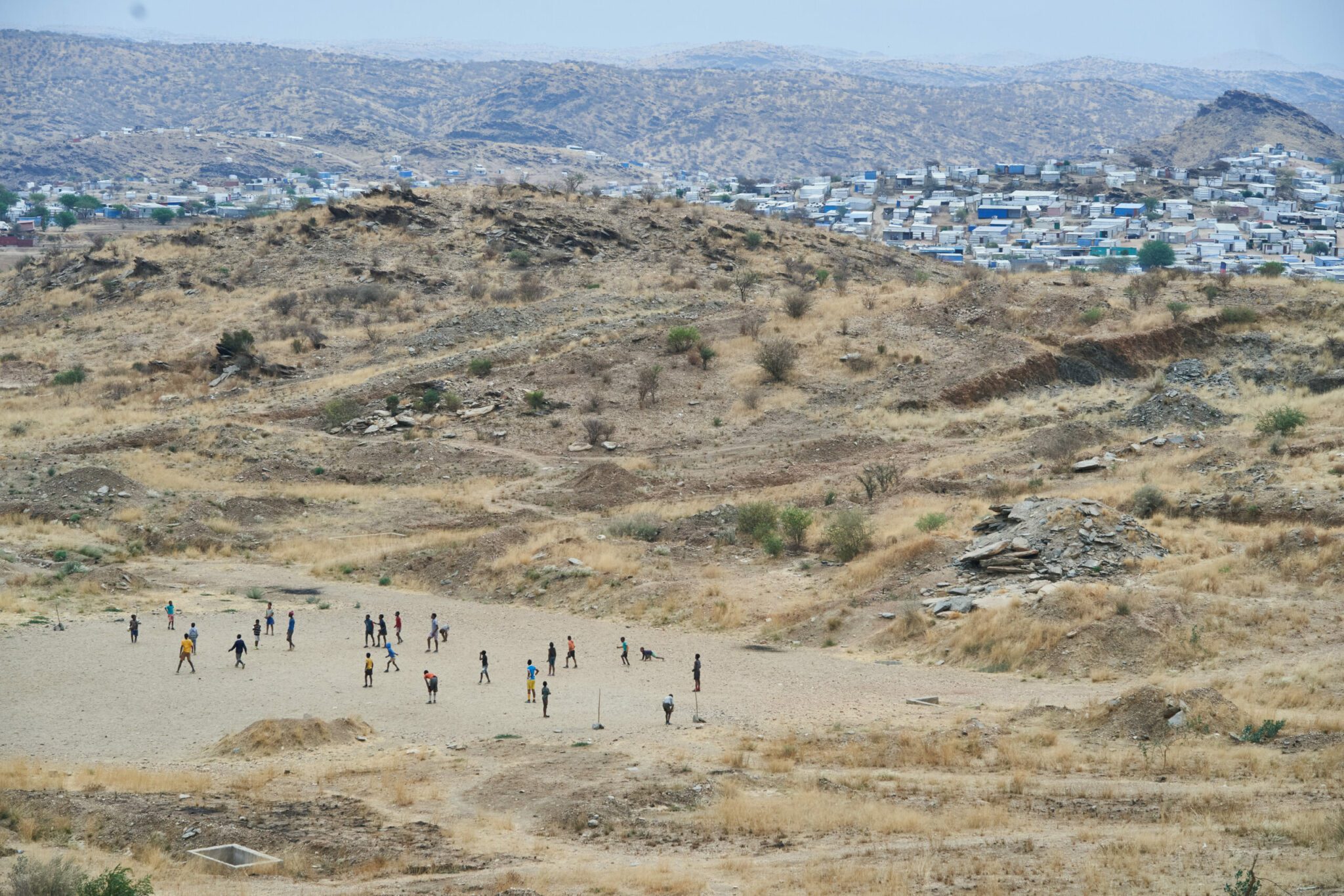By Anthony Zinyange
Football has been the most popular sport in Africa since European colonialists introduced it to schools in the 19th century. It has become a subculture with songs and dances.
South Africa’s hosting of the 2010 World Cup generated so much interest among the millions who call the continent home that it was almost impossible to avoid the excitement, even for those not keen on the world’s most popular sport.
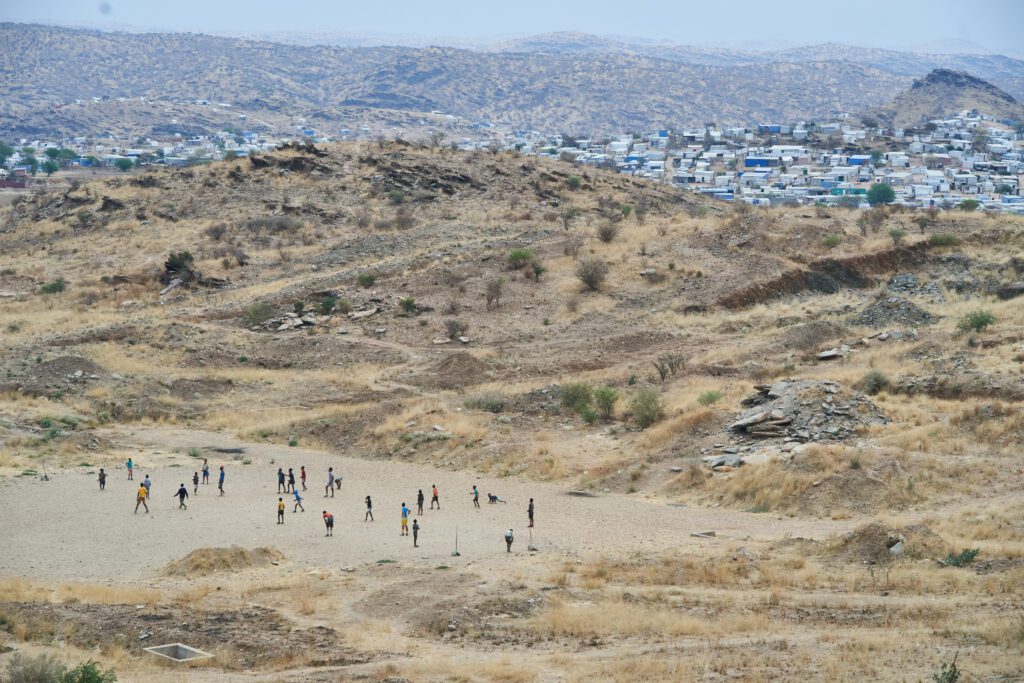
The tournament has had a lasting effect on many people, including soccer players and fans.

The event was so popular that it helped inspire many young Africans to participate in sports. It wasn’t just about soccer, either. It was about how people across the continent became invested in the game and how that investment led to a surge in interest in health, education, and other social issues.
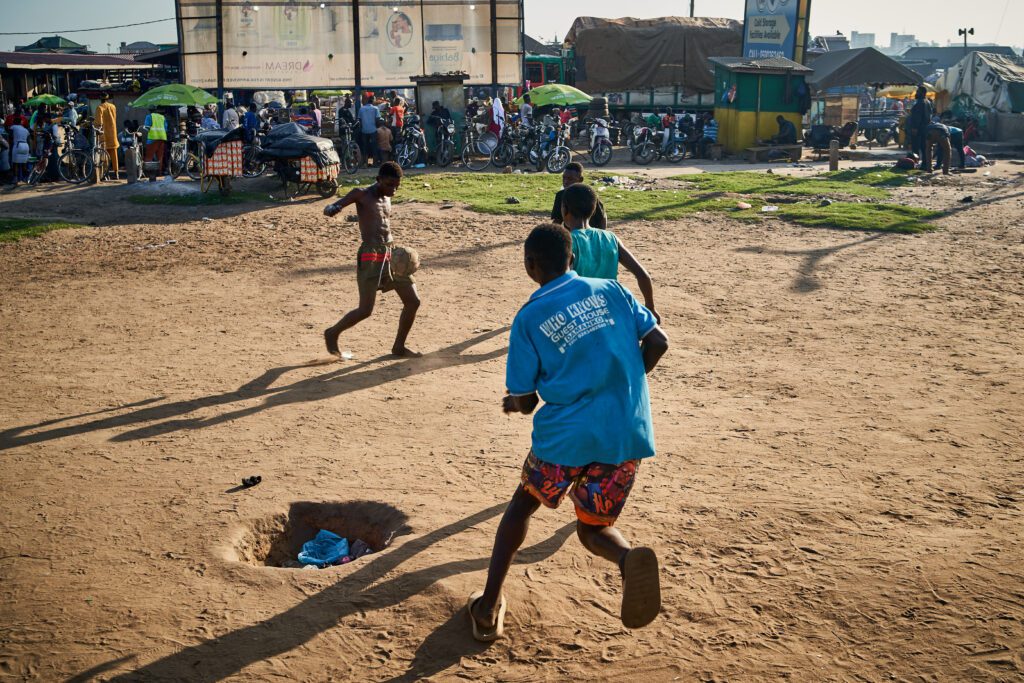
Underdeveloped Game Plan
The development of African football in the international playing arena during the last two decades has generated hopes that an African nation may lift the elusive World Cup trophy.

Whilst African teams have won U-17 and U-20 World Cups, they still have not gotten close to winning the ultimate FIFA World Cup, though endowed with talent that churns great stars to export to European football markets yearly.
Due to the lack of stadium facilities, urban streets and open fields in remote villages have become familiar with people playing soccer in irregular formats and informal spaces as a form of exercise or some other pastime sport.
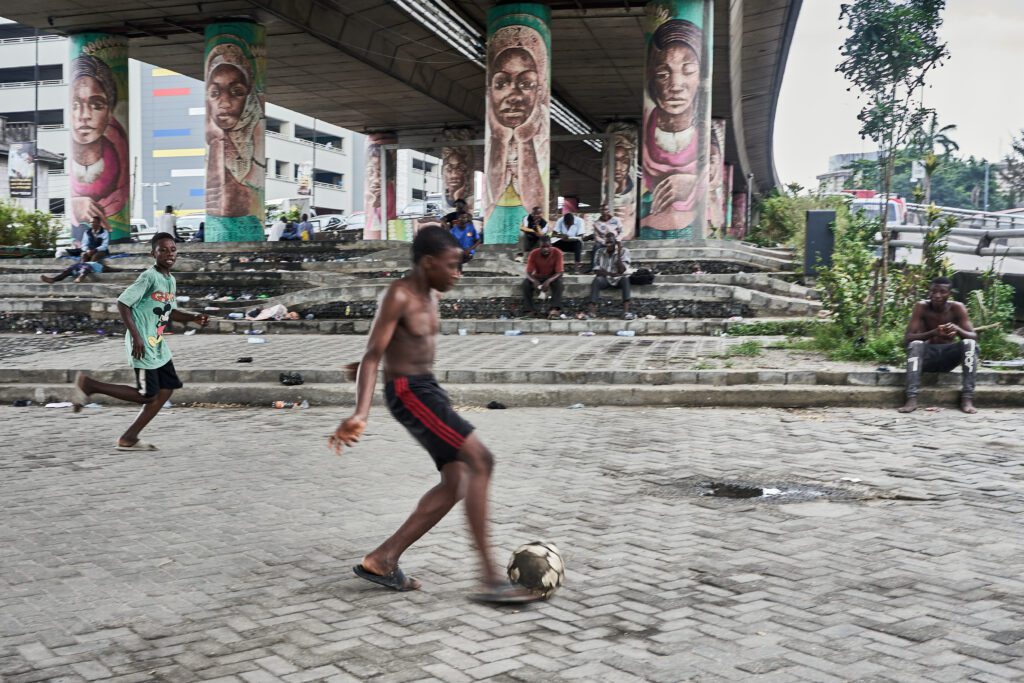
At a young age, local footballers dream of playing in Europe, where they can earn enough to eradicate poverty for themselves and change the fortunes of their families as well as the livelihoods of their villages.
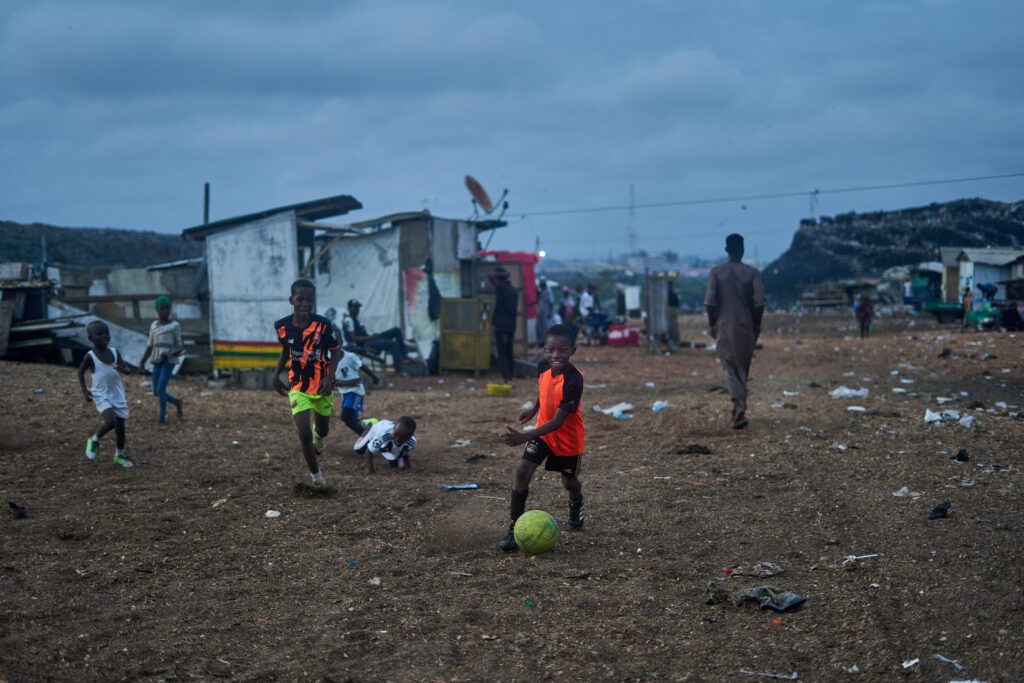
Local football leagues remain poorly run and are very unattractive to fans who, over the years, migrated their support to African stars playing across European Football leagues, including La Liga in Spain, the English Premier League and Serie A in Italy.
The acceptance of female footballers on the continent has evolved the game. However, some are still discouraged at a tender age due to patriarchy, religious obligations, cultural practices and an education-first approach in most families.
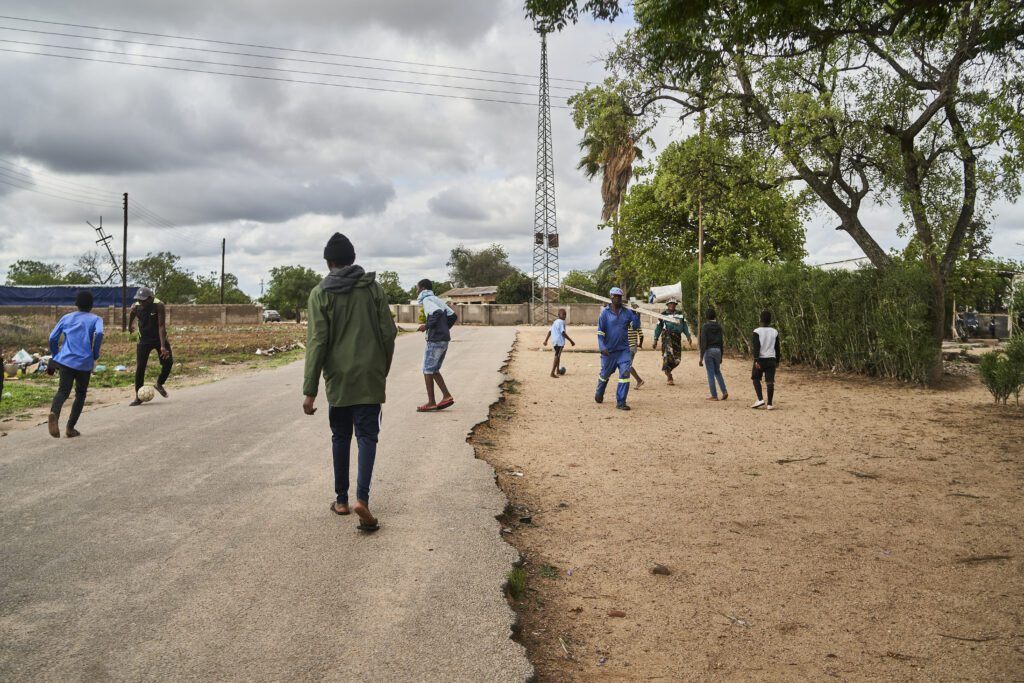
Those who get a chance to play are raising concerns about lower wages than their male counterparts. Several African national team footballers have threatened to down the tools before and during major tournaments.
Corruption, Human Rights and The Environment
Globally, regimes with records of corruption and human rights violations are reported to have been using the “world’s most beautiful game” to clean up their dirty images.
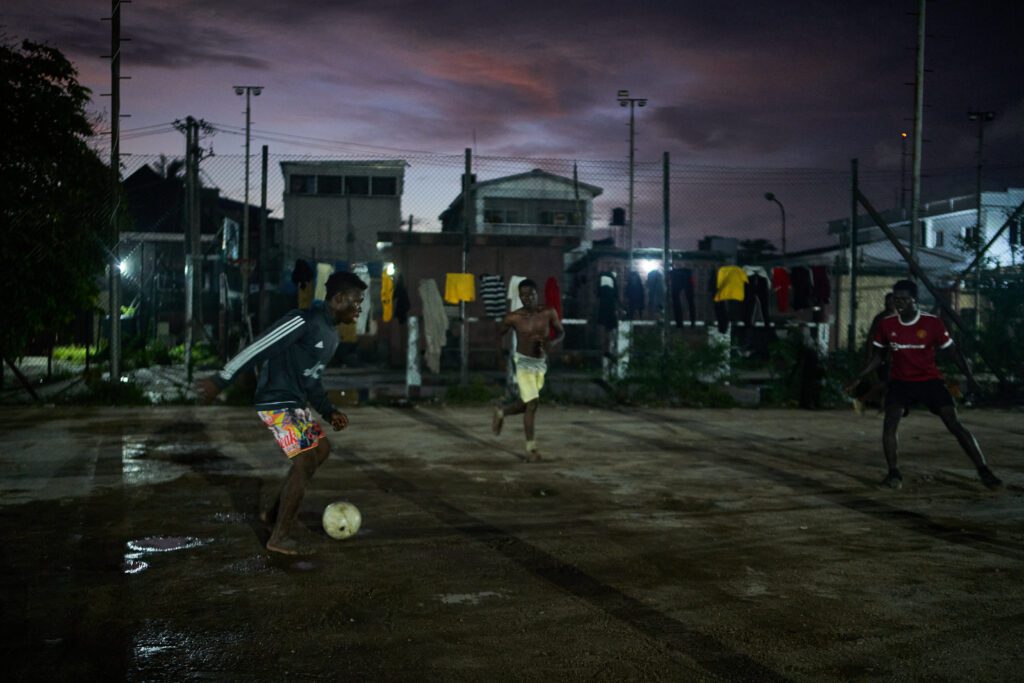
Netflix released a documentary this week exposing that the 2018 edition hosted in Russia resulted from corruption and sports laundering.
Qatar has been under fire over hosting the FIFA 2022 World Cup. As the tournament starts on November 20, corruption allegations, worries about migrant labour laws and the nation’s opposition to LGBTQ+ rights are in the spotlight.
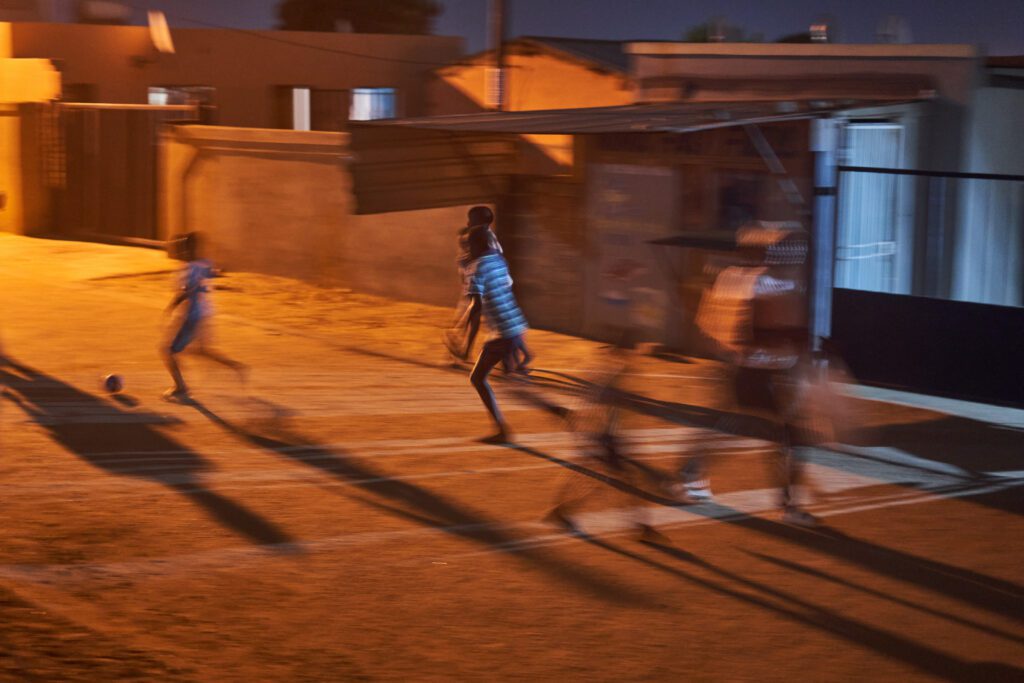
Shakira, the singer of a hit 2010 World Cup theme song Waka Waka, has joined the list of artists boycotting to perform at the opening ceremony in Qatar.
Green Peace accuses organisers of greenwashing the 2022 tournament while raising awareness of the environmental consequences.
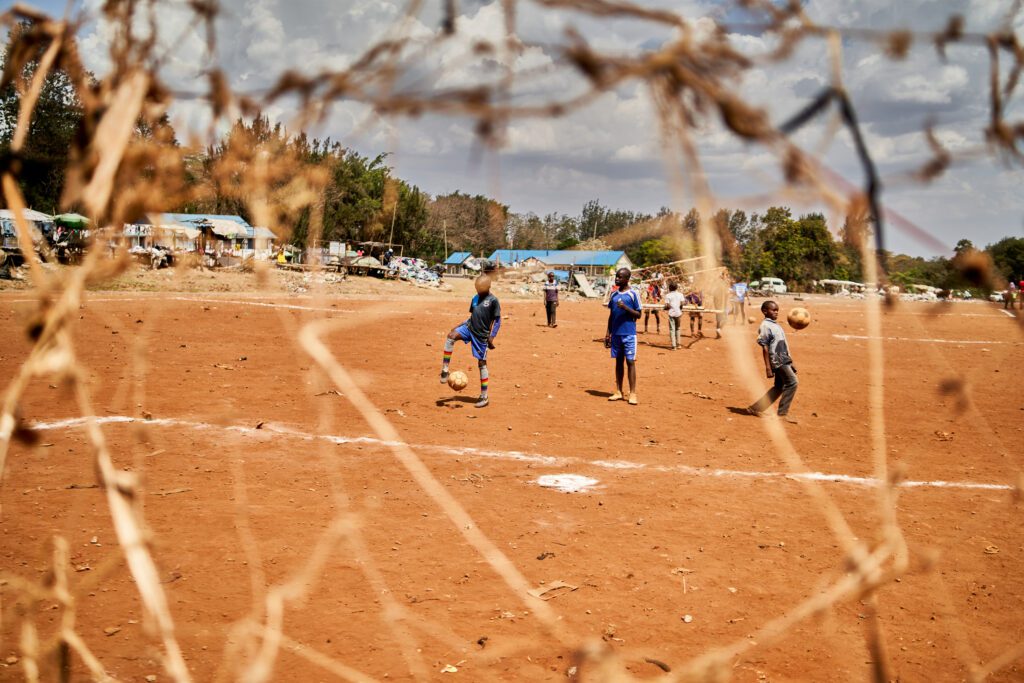
The critical issue is Qatar’s heavy reliance on desalination – removing dissolved mineral salts from water to make it fresh for human consumption and agricultural use. The process is known to be a pollutant of marine systems through brine – a high-concentration salt water solution – into the sea, endangering coral reefs and harming smaller aquatic organisms.
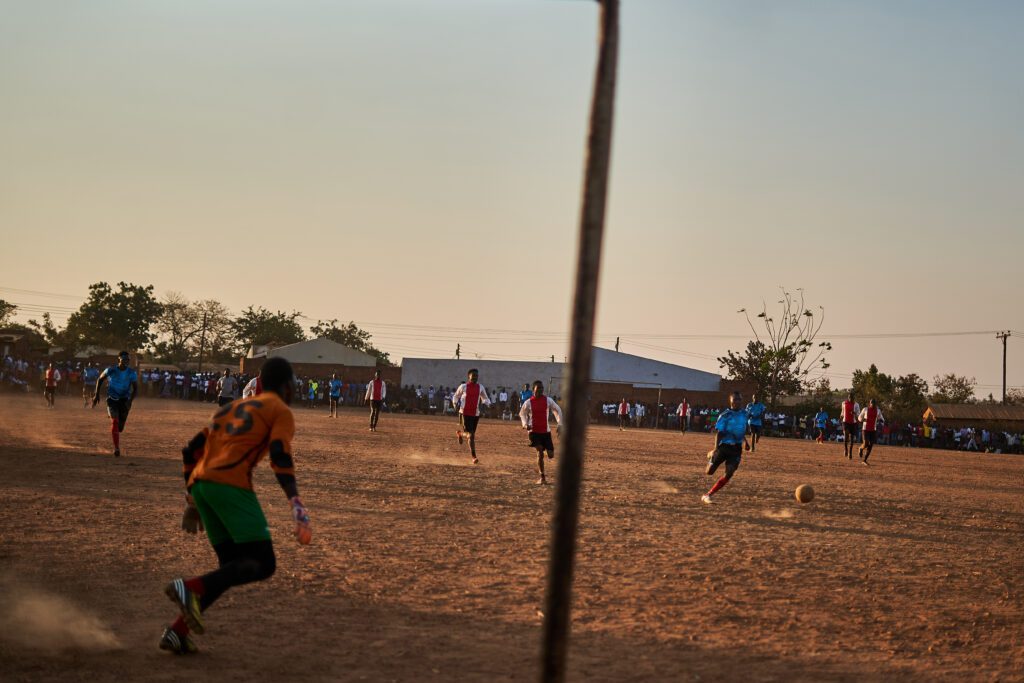
Air conditioning systems installed in stadiums formerly lauded as a ‘miracle solution’ to reduce temperatures has become emblematic of the World Cup’s environmental impact. Greenpeace has warned, “it is not environmentally sound and will only add to more emissions.”
All the effects of climate change are most felt in Africa, where the combined GDP is only $2.96 trillion, approximately a tenth of the United States of America. The prolonged droughts and incessant flooding have exacerbated the continent’s economies’ failure to meet the catastrophe’s financial demands.
